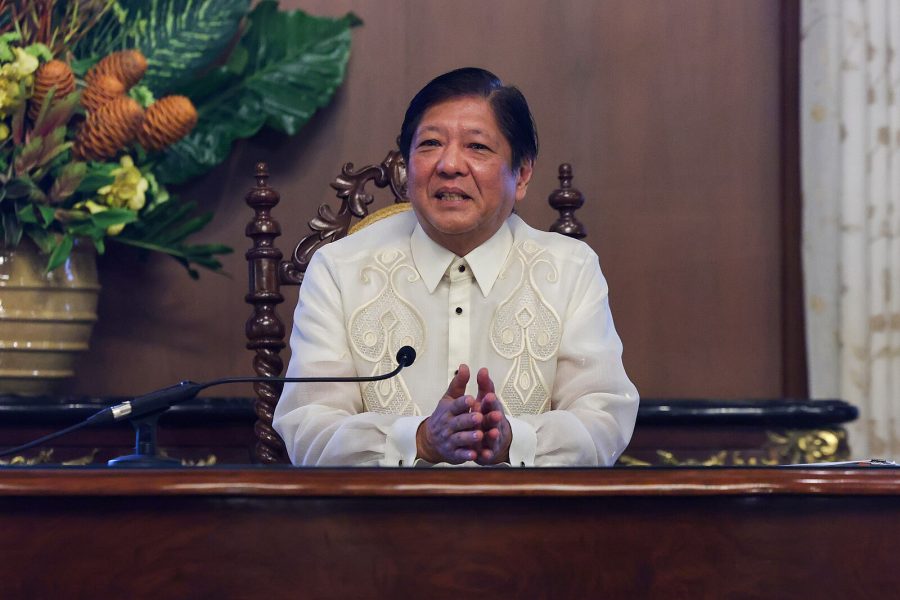
The President of the Philippines has ordered the shutdown of online casinos while addressing the issue directly during his annual address to parliament on Monday, July 22.
The plans include banning offshore gaming operators known locally as POGOs, Philippine Offshore Gaming Operators. These casinos have largely targeted and been catered to people in mainland China, where gambling is illegal.
Both licensed and illicit operators have expanded across the country and tens of thousands of Chinese and foreign nationals are said to be employed by them.
In his speech, President Ferdinand Marcos Jr said: “Disguising as legitimate entities, their operations have ventured into illicit areas furthest from gaming such as financial scamming, money laundering, prostitution, human trafficking, kidnapping, brutal torture, even murder.”
“The grave abuse and disrespect to our system of laws must stop.”
Upon this announcement, Mr Marcos was met with a standing ovation from the audience. The cheers heightened even further when he said “Effective today all Pogos are banned.”
‘Philippine Offshore Gaming Operators’ industry to be wound down after bans of online casinos
Following the announcement, the Philippines’ gaming regulator said the licenses of Pogos would be canceled and the sector would be wound down by the end of the year.
According to government estimates, the industry employs 40,000 people directly and indirectly and is made up of over 400 licensed and unlicensed operators.
The industry has an economic cost of 266bn pesos annually and brings in a revenue of around 166.5bn pesos ($2.9bn).
It’s in recent times that the alleged link between Pogos and illicit activities has emerged.
Just a few months ago, in May, law enforcers found that an online casino in the town of Bamban was actually a front for a scam center. This propelled the town into the spotlight and under national scrutiny.
The facility was raided by authorities last March and close to 700 workers were rescued. This included 202 Chinese nationals and 73 other foreigners who were said to have been forced to pose as online lovers.
Featured Image: Via Wikimedia Commons

